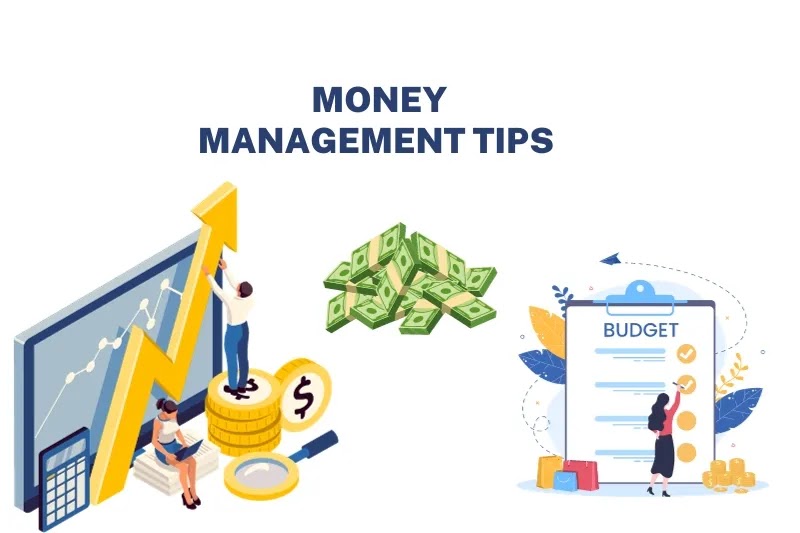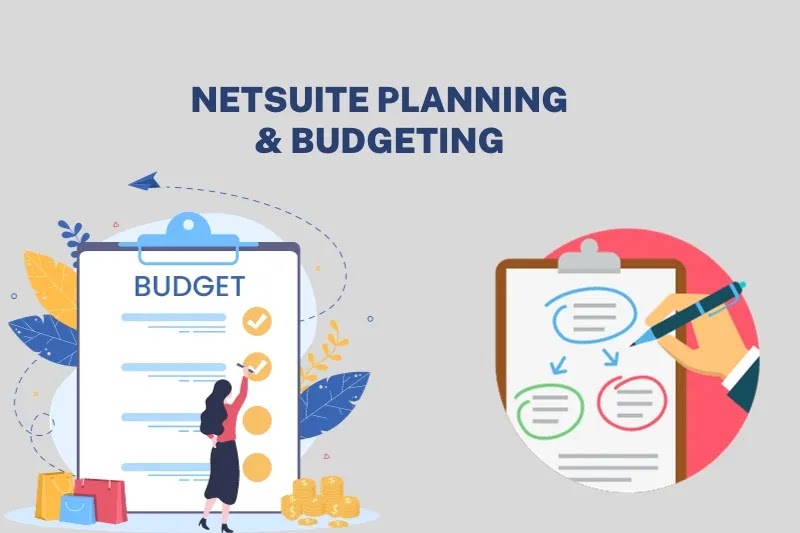Selling your house is a major financial task. Maximizing your income while reducing costs is a goal shared by every homeowner.
In this thorough guide, we will walk you through the process of selling your house while ensuring you save money at every step.
Whether you’re a first-time seller or have prior experience, these methods will help you manage the real estate market more cheaply and efficiently. Here we will discuss about How to Save Money When Selling Your House
1. Choosing the Right Real Estate Agent
One of the most important choices in selling your house is choosing the right real estate agent. The right agent can make a substantial difference in your selling experience, helping you price your home properly, market it effectively, and negotiate the best possible price.
To save money in this area, consider the following:
Interview Multiple Agents: One of the best ways to save money is to shop around for the right agent. Speak to multiple agents and review their services and fee rates. Remember, not all managers offer the same services or charge the same fees.
Negotiate fee: Don’t hesitate to negotiate the agent’s fee. While 5-6% is the business norm, it’s not set in stone. Negotiating a lower fee can result in significant savings when you sell your home.
2. Pricing Your Home Competitively
Pricing your home correctly is crucial to a good and cost-effective sale. An incorrect selling price can discourage potential buyers or leave money on the table.
To make sure you’re selling your home properly, consider the following:
Research comparable houses: Conduct research on similar houses in your neighborhood to gauge the market. Look at houses with similar room sizes, features, and locations.
Consider your home’s state: Take an honest look at your home’s state. Is it in great shape, or does it need fixes or renovations? The state of your home can greatly impact its value.
Be Open to Adjustments: Be prepared to adjust your selling price as the market changes. If you’re not getting offers or if your home has been on the market for an extended time, consider dropping the price to attract potential buyers.
3. Preparing Your Home for Sale
Before selling your house, it’s important to make it as attractive as possible to potential buyers. First views count, and a well-prepared house can command a higher sale price. To save money during the planning process, follow these guidelines:
Declutter and depersonalize: Remove clutter and personal things from your home. A clutter-free setting helps buyers picture themselves in the area.
Cleaning and Minor Repairs: A clean and well-maintained home makes a good impression. Focus on small fixes and touch-ups to ensure your home is in top shape.
Consider Home Staging: Home staging can make your home more appealing and help potential sellers see its full potential. You can opt for expert staging or use DIY staging methods to save money.
4. Negotiating with Buyers Effectively
Effective bargaining is important when it comes to getting the best possible deal for your house. To save money and ensure a good discussion, take these steps:
Careful Evaluation: Thoroughly analyze any deals you receive. Consider factors such as the selling price, the price of similar houses, your home’s state, and the terms of the deal, including the close date and any conditions.
Be Willing to Walk Away: It’s crucial to be willing to walk away from a deal if it doesn’t meet your standards. Being strong in your talks can lead to a more favorable result.
5. Using a Discount or Flat-Fee Real Estate Agent
Traditional real estate managers usually charge a commission fee of 5–6% of the sale price of your home. However, in recent years, there has been a rise in the popularity of cheap or flat-fee real estate brokers. These agents offer their services at a lower rate, making them a viable choice for buyers who want to save money. Here’s what you should consider:
Reduced Commission: Discount or flat-fee agents usually charge a lower commission than standard agents. This can result in large savings when selling your house.
Services Offered: Be sure to understand the services offered by cheap brokers. While they may offer cost savings, some services offered by standard agencies may not be included.
6. Selling Your Home Yourself (FSBO: For Sale By Owner)
Selling your home yourself, known as For Sale By Owner (FSBO), can save you thousands of dollars in real estate fees. However, it’s not without its difficulties. Here’s how to handle this cost-saving method effectively:
Research and preparation: To sell your home without an agent, you’ll need to fully research the process. Familiarize yourself with the legal requirements, papers, and marketing tactics.
Marketing and Promotion: You’ll be responsible for marketing and promoting your house. This includes making effective ads, taking high-quality pictures, and selling your home through various platforms.
Negotiation Skills: As an FSBO seller, you’ll need to be happy dealing directly with buyers or their managers.
Legal Assistance: It’s wise to speak with a real estate attorney to ensure all legal requirements are met in your FSBO deal.
7. Making Strategic Home Repairs and Upgrades
Not all home fixes and upgrades are created equal when it comes to selling your house. To save money and improve your home’s value, follow these guidelines:
Consult with Experts: Speak to a real estate agent or estimator for advice on which fixes and upgrades will give the best results. They can provide insights into what buyers in your market are looking for.
Focus on high-effect areas: Concentrate on areas that have the most significant effect on a buyer’s choice. Kitchens, bathrooms, and public areas are usually high-priority places.
8. Saving Money on Closing Costs
Closing costs can add up quickly and impact your total expenses when selling your house. To reduce these prices, try the following strategies:
Deal with the Buyer: You can deal with the buyer to share some of the closing costs. This can lower the financial load on your end.
Government programs and benefits: Explore government programs or benefits that can help you save money on closing costs. These services vary by area and can provide significant financial help.
9. Selling Your Home in Different Market Conditions
The real estate market is open to change, and the conditions can vary greatly from one place to another. To handle different market situations successfully, consider the following:
Buyer’s Market: In a buyer’s market, where there is an abundance of homes for sale, you may need to make adjustments to attract buyers. This may include selling your house competitively and providing benefits like covering closing costs.
Seller’s Market: In a seller’s market, where demand is great and quantity is low, you may have more freedom in setting your asking price. It’s important to work closely with your agent to improve your sales plan.
Conclusion
Selling your house can be a difficult job, but with the right method, you can save money while making a good sale. Each step of the process, from picking the right agent to knowing market conditions, offers chances to reduce costs and maximize your financial result.
By taking the time to study, plan, and consider cost-effective options, you can ensure that selling your home is a rewarding and budget-friendly experience.
Remember, the key to success lies in informed decision-making and successful discussion, resulting in more money in your pocket when the sale is finished. With the advice given in this thorough guide, you are well-equipped to handle the world of real estate while keeping your financial goals in mind.



Pingback: Money Management :15 Tips to Improve Your Finances - Mayon Finance